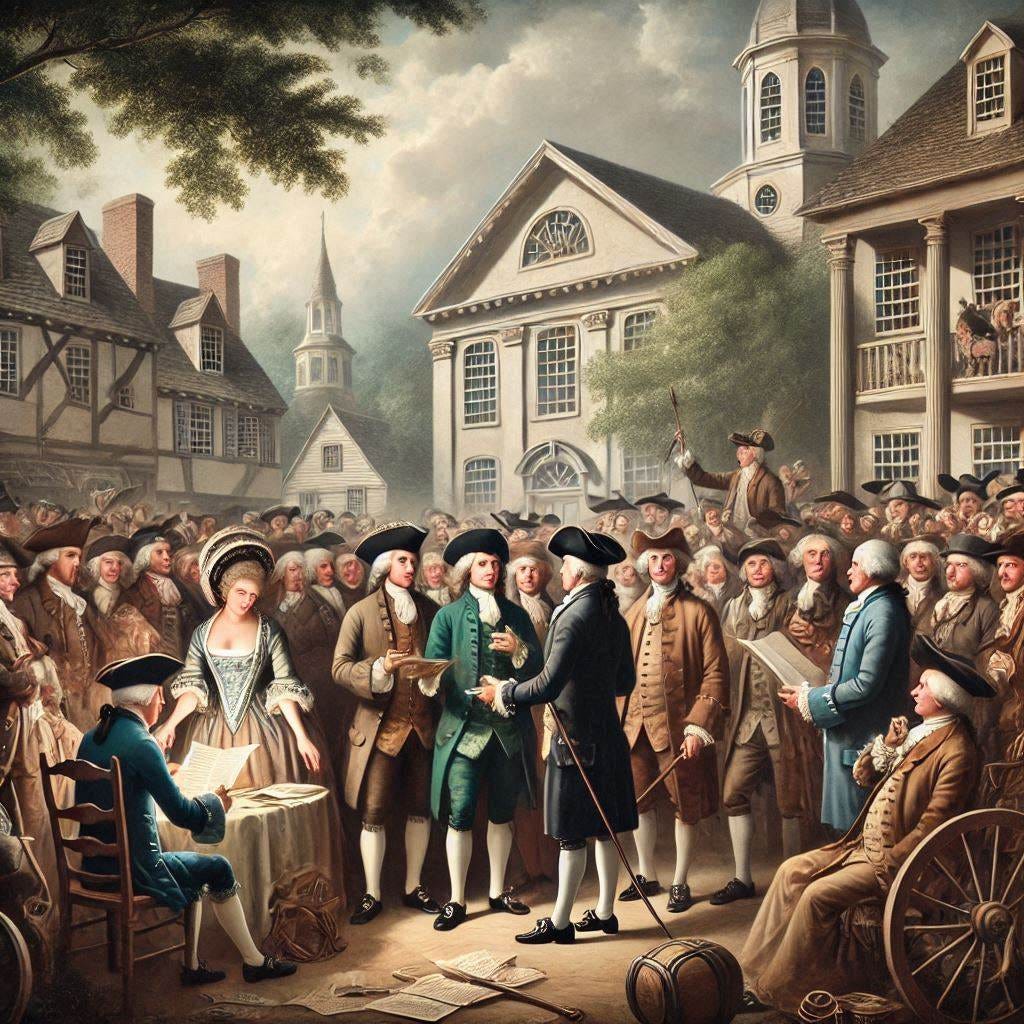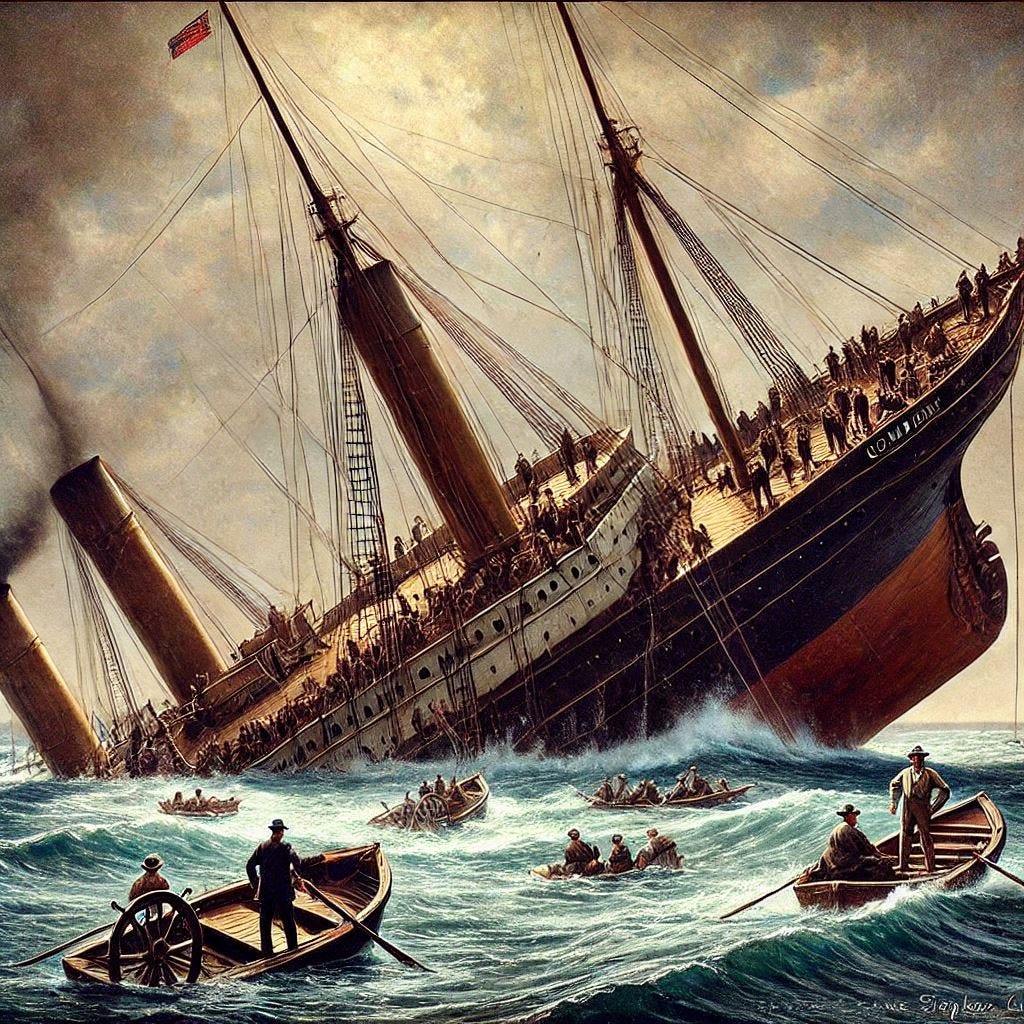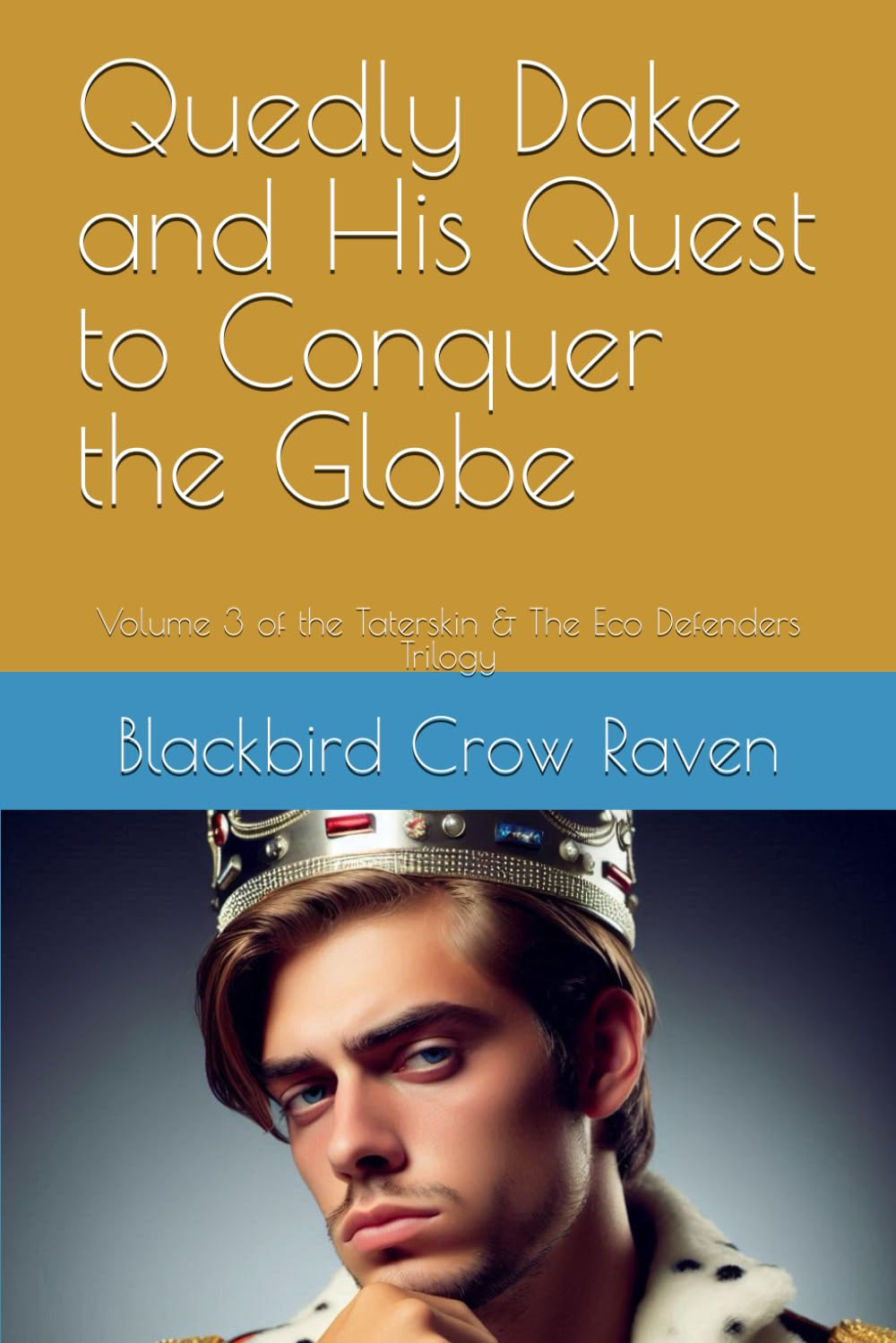The Mysteries of History (January 2 Edition)
Religion, Politics, and an Underrated Writer Who Died Young
1492 — Spain Reconquered
In 1492 (yes, the same year that Columbus “sailed the ocean blue”), the last Moorish stronghold in Spain (a fortress in the city of Granada) was surrendered to the “Christians”; subsequently, the Muslims in Spain were forced to either convert to “Christianity” or leave the country.
Questions: Was there a connection between this shift in the Moors’ power and presence in Spain and Columbus’ journeys to discover new countries and trade passages? When did the Spanish Inquisition take place, and what connection is there between that campaign and this event? Why is “Christian” and “Christianity” in quotes above? 1776 — The Tory Act
The Continental Congress in the United States published this resolution (The Tory Act) to guide the colonies on how they should handle Loyalists (residents who maintained their fealty to King George of Britain), calling these “honest and well-meaning, but uninformed people.” The Tory act recommended that they be disarmed and incarcerated.
Questions: To which country did tens of thousands of Loyalists flee to avoid the repression they faced due to this Resolution? Did this affect future attempts by the United States to conquer Canada?1897— Stephen Crane’s Sinking Feeling
The boat on which novelist (The Red Badge of Courage; Maggie: A Girl of the Streets) and poet (War Is Kind; I Saw a Man Pursuing the Horizon) Stephen Crane was a passenger sunk in 1897; he turned this experience into the short story “The Open Boat.”
Questions: How many siblings did Stephen Crane have, and how did this affect him? Which authors did he befriend while living in England? How old was Crane when he died, and what did he die from? Has his novel, Maggie: A Girl of the Streets ever been made into a film? How about Red Badge of Courage?1962 — The Weavers Band Banned
In 1962, the very popular Folk band The Weavers, who included banjoist and folk evangelist Pete Seeger, were banned from appearing on NBC’s Jack Paar show when they refused to sign an oath of political loyalty. The Weavers subsequently lost their recording contract, their popularity plunged, and they eventually disbanded.
Questions: Why were The Weavers asked to sign an oath — were all performers asked to do so? When did they have their first #1 song, what was its title, and who wrote that song? Which popular songwriters and groups were heavily influenced by The Weavers? What connection did Pete Seeger have with Bob Dylan? When did Pete Seeger die, and how old was he?








